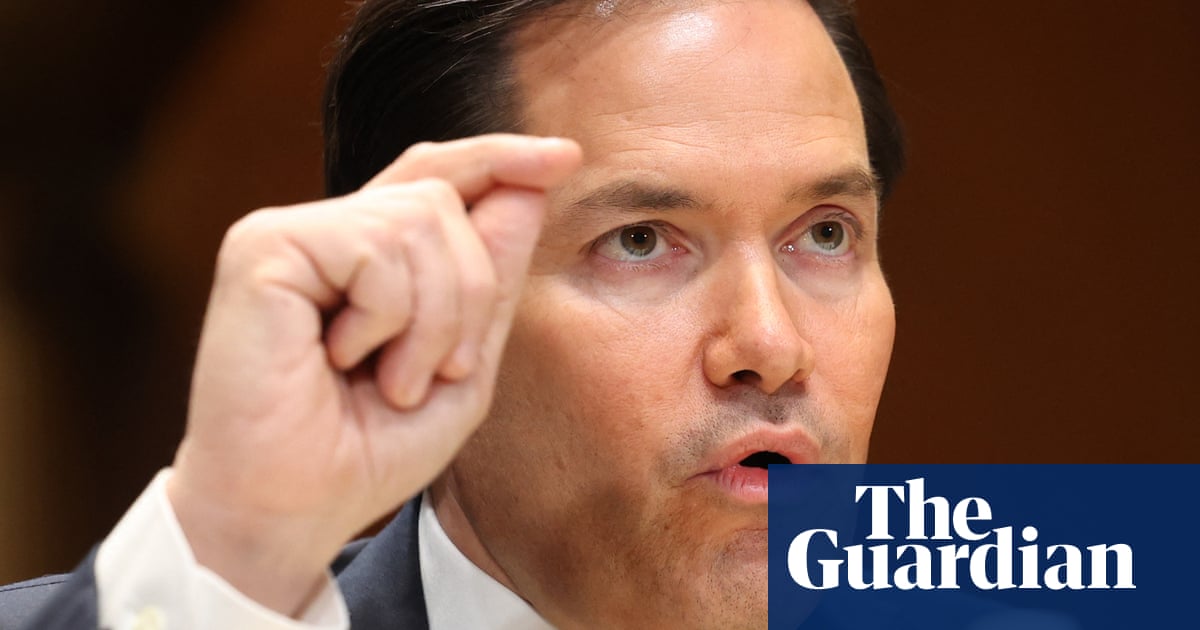President Donald Trump’s administration has said it will “aggressively” revoke visas of Chinese students, one of the largest sources of revenue for American universities, in the latest attack on US higher education.
The announcement by secretary of state Marco Rubio came after China criticised his department’s decision a day earlier tosuspend visa appointments for students worldwide at least temporarily.
The Trump administration has already sought toend permission for all international students at Harvard University, which has rebuffed pressure from the president.
The United States will “aggressively revoke visas for Chinese students, including those with connections to the Chinese Communist party or studying in critical fields,” Rubio said in a statement.
“We will also revise visa criteria to enhance scrutiny of all future visa applications from the People’s Republic ofChinaand Hong Kong,” he said.
Young Chinese people have long been crucial toUS universities, which rely on international students paying full tuition.
China sent 277,398 students in the 2023-24 academic year, although India for the first time in years surpassed it, according to a state department-backed report of the Institute of International Education.
Trump in his previous term also took aim at Chinese students but focused attention on those in sensitive fields or with explicit links with the military.
It was unclear to what extent Rubio’s statement marked an escalation.
China’s foreign ministry spokesperson Mao Ning on Wednesday said Beijing urged Washington to “safeguard the legitimate rights and interests of international students, including those from China.”
Rubio has already trumpeted the revocation of thousands of visas, largely to international students who were involved in activism critical of Israel.
A cable signed by Rubio on Tuesday ordered US embassies and consulates not to allow “any additional student or exchange visa … appointment capacity until further guidance is issued” on ramping up screening of applicants’ social media accounts.
The measures also threaten to pressure students from countries friendly to the United States.
Trump is furious at Harvard for rejecting his administration’s push for oversight on admissions and hiring, amid the president’s claims the school is a hotbed of antisemitism and “woke” liberal ideology.
A judgepaused the order to bar foreign studentspending a hearing scheduled for Thursday, the same day as the university’s graduation ceremony for which thousands of students and their families had gathered in Cambridge, Massachusetts.
The White House has also stripped Harvard, as well as other US universities widely considered among the world’s most elite, offederal funding for research.
Harvard has filed extensive legal challenges against Trump’s measures.
